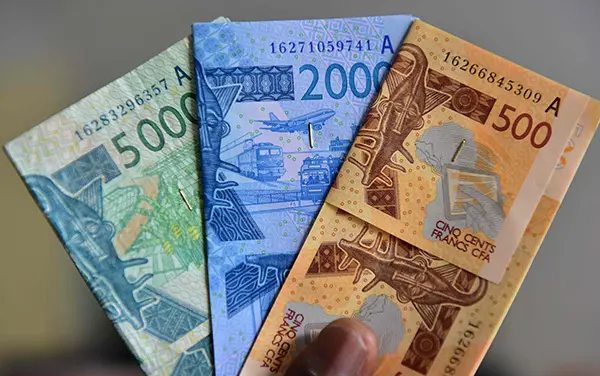German carrier Lufthansa hopes to win EU approval Thursday to snap up a slice of bankrupt Air Berlin's operations, after competition concerns forced it to scale back its bid for the homegrown rival.
Responding to signals that the European Commission was likely to veto its ambitious plans, the German behemoth last week ditched its bid to buy Air Berlin's Austrian unit Niki, focusing instead on the acquisition of the failed airline's smaller LGW subsidiary.
The more modest offer now on the table would see Lufthansa acquire the operations of LGW, a regional carrier employing some 500 people.
That includes taking over the roughly 30 planes flown by LGW but leased from other companies, a source familiar with the bid has told AFP.
Lufthansa already holds some of LGW's coveted landing and takeoff slots and has agreed to give up others in order to secure the go-ahead from competition regulators.
"There's a very strong, more than ninety percent chance that the Commission will give its green light on December 21," a source close to the matter in Brussels told AFP.
The European Commission declined to comment, but earlier this month it already approved the purchase of Air Berlin's operations at the German capital's Tegel Airport by British low-cost carrier easyJet.
Under the deal, easyJet will spend some 40 million euros ($47 million) to enter into leases for up to 25 aircraft and take over slots in Berlin.
Turbulence
The latest bout of turbulence in Europe's skies began in August when Air Berlin suddenly lost a cash lifeline from main shareholder Etihad Airways after years of losses, triggering bankruptcy proceedings.
But in the ensuing jostle to carve up Germany's second-biggest airline, it was Lufthansa's attempt to gobble up the lion's share of the assets that most worried competition authorities.
Lufthansa -- which already owns low-cost Eurowings as well as Swiss, Austrian and Brussels Airlines -- initially set its sights on scooping up 81 aircraft from Air Berlin's 140-strong fleet, including all of Niki's planes plus its valuable slots.
But fearful of the dominant position that could give Lufthansa on some routes, the Commission said it had "deep competition concerns" about the Frankfurt-based carrier's plans and the effect on ticket prices.
Lufthansa then announced last Wednesday that it was dropping its plan to buy Niki.
The shock move meant Niki lost the bridge financing that had kept it flying in anticipation of the Lufthansa acquisition, forcing it to file for insolvency.
Flights were grounded the next day, leaving thousands of passengers stranded.
The European Commission said Lufthansa's move was "regrettable", but that its takeover bid posed "clear risks to Austrian, German and Swiss consumers and to effective competition".
The Austrian carrier, whose roughly 20 planes serve resorts in southern Europe and north Africa, has since been scrambling to find a new investor.
Niki's founder Niki Lauda, the Austrian former Formula One champion, has expressed interest, as have British travel firm Thomas Cook and Swiss company Privatair.
Scrapping Niki from the deal means Lufthansa will now spend far less than the 210 million euros it had originally earmarked -- cash Air Berlin had been counting on to help pay back a 150-million-euro bridging loan from the German government that kept its planes flying until October.
On the offensive
Germany's flagship carrier meanwhile looks set to easily shrug off the Niki setback as it remains focussed on expanding budget carrier Eurowings even without incorporating the Austrian airline.
As it steps up the battle against low-cost rivals Ryanair and easyJet, an expected hiring spree could see several thousand of Air Berlin's 8,000 employees land jobs at Eurowings, although probably on less attractive terms.
And if no buyer is found for Niki, Lufthansa will be back in the running for its airport slots.
With its pockets bulging, Lufthansa is also eyeing a chunk of struggling Alitalia's fleet, in the latest sign of consolidation in the industry.
The German group's strategy of offering both low prices and high-end services has impressed investors, sending its share price past the 30-euro mark, more than double the level at the start of the year.
Lufthansa chief executive Carsten Spohr was this month named "strategist of the year" by financial daily Handelsblatt, which described him as "tough but fair".
(AFP)
 简体中文
简体中文



